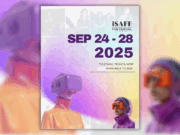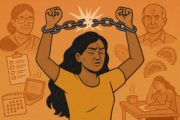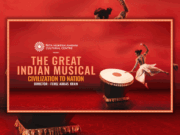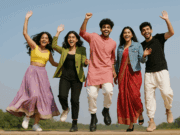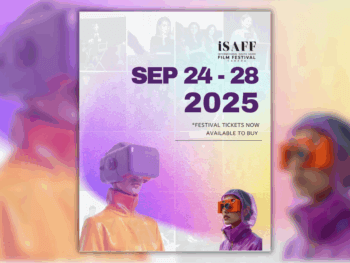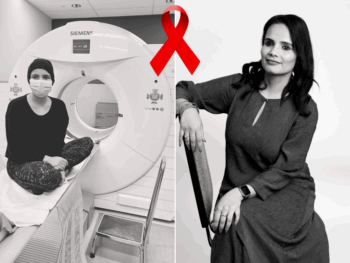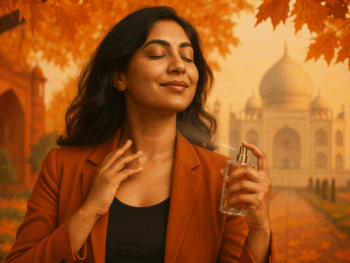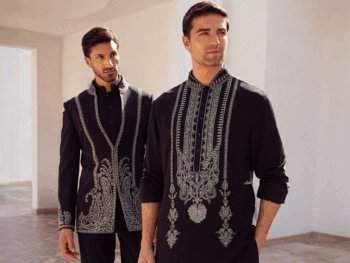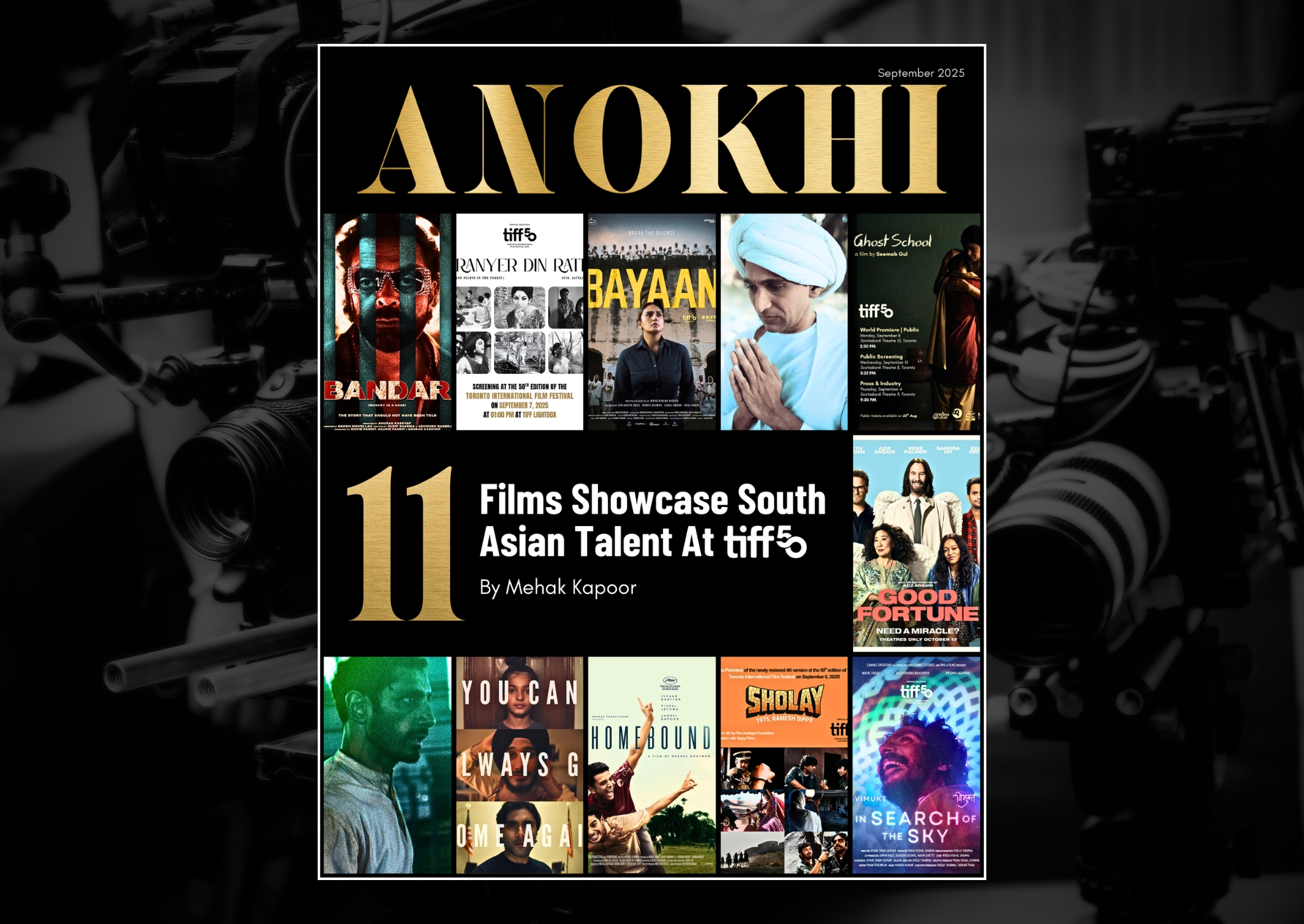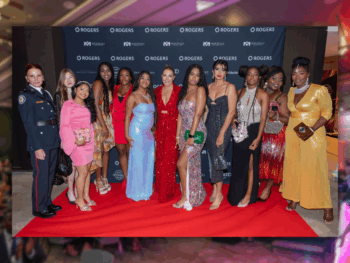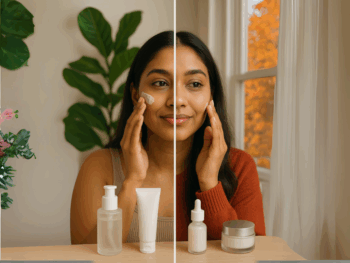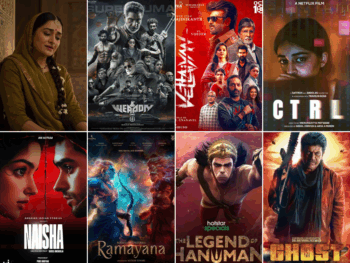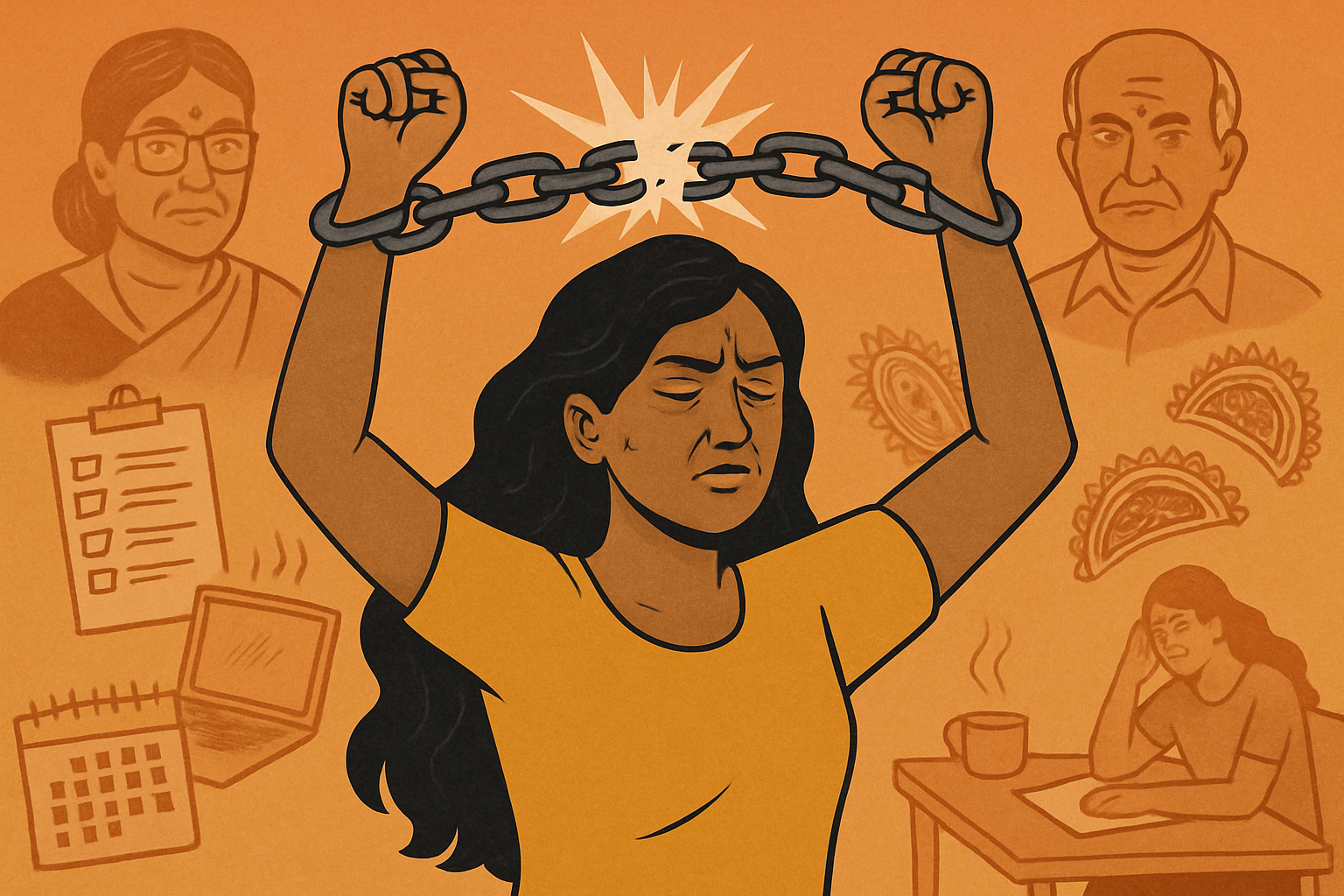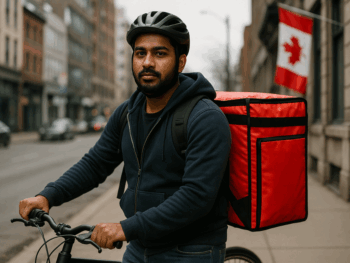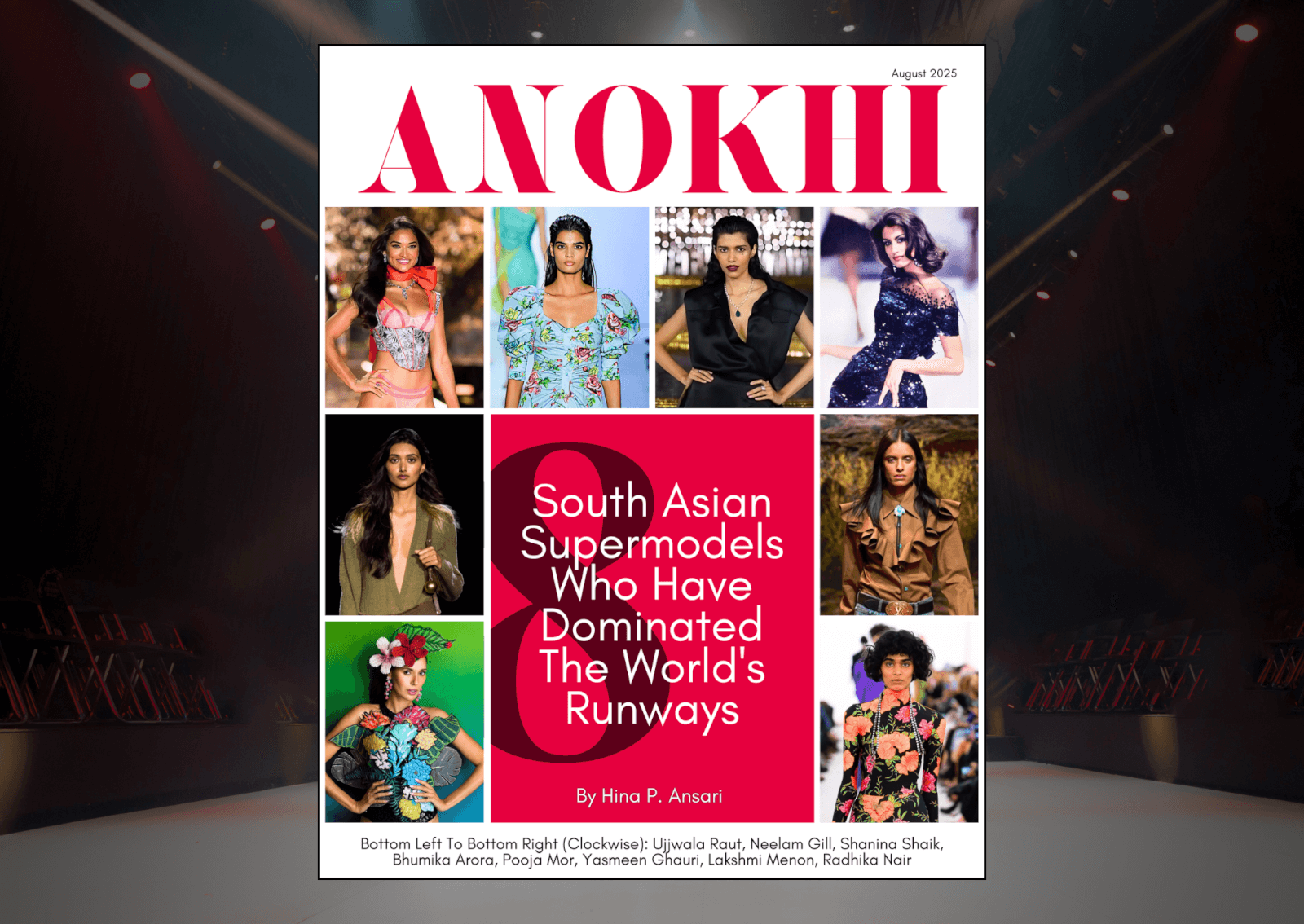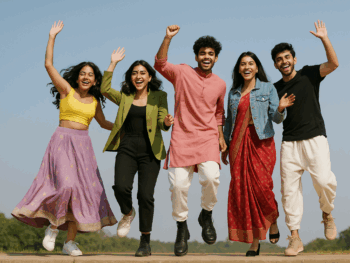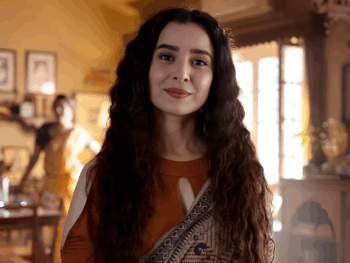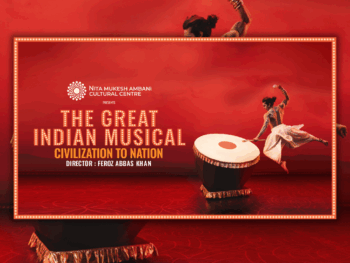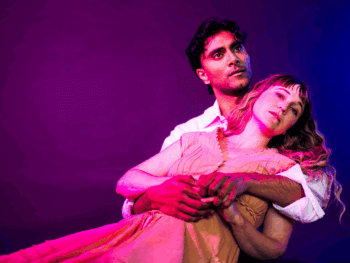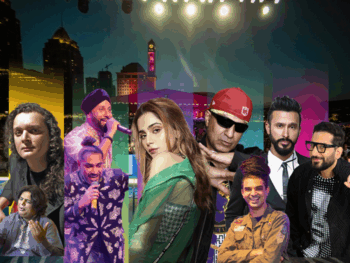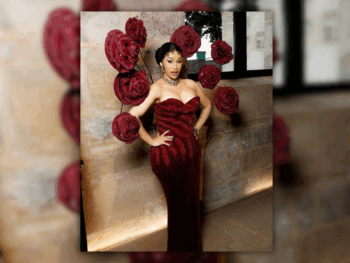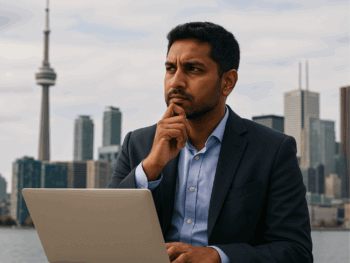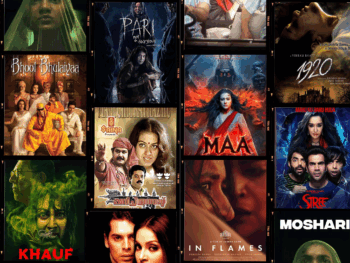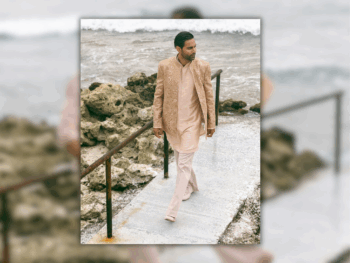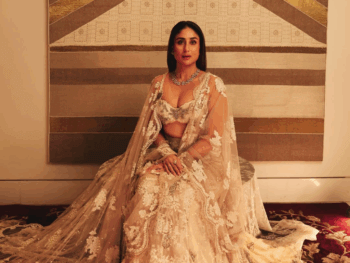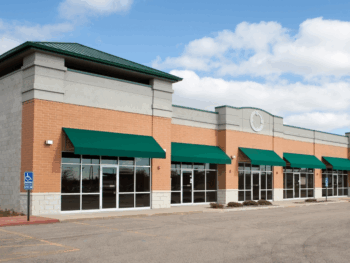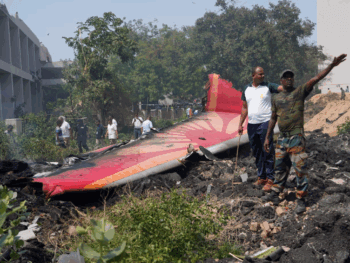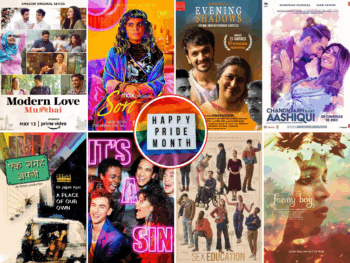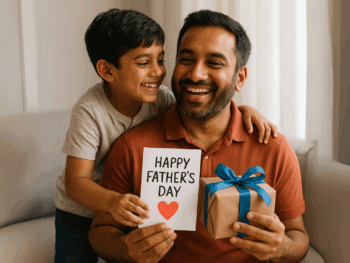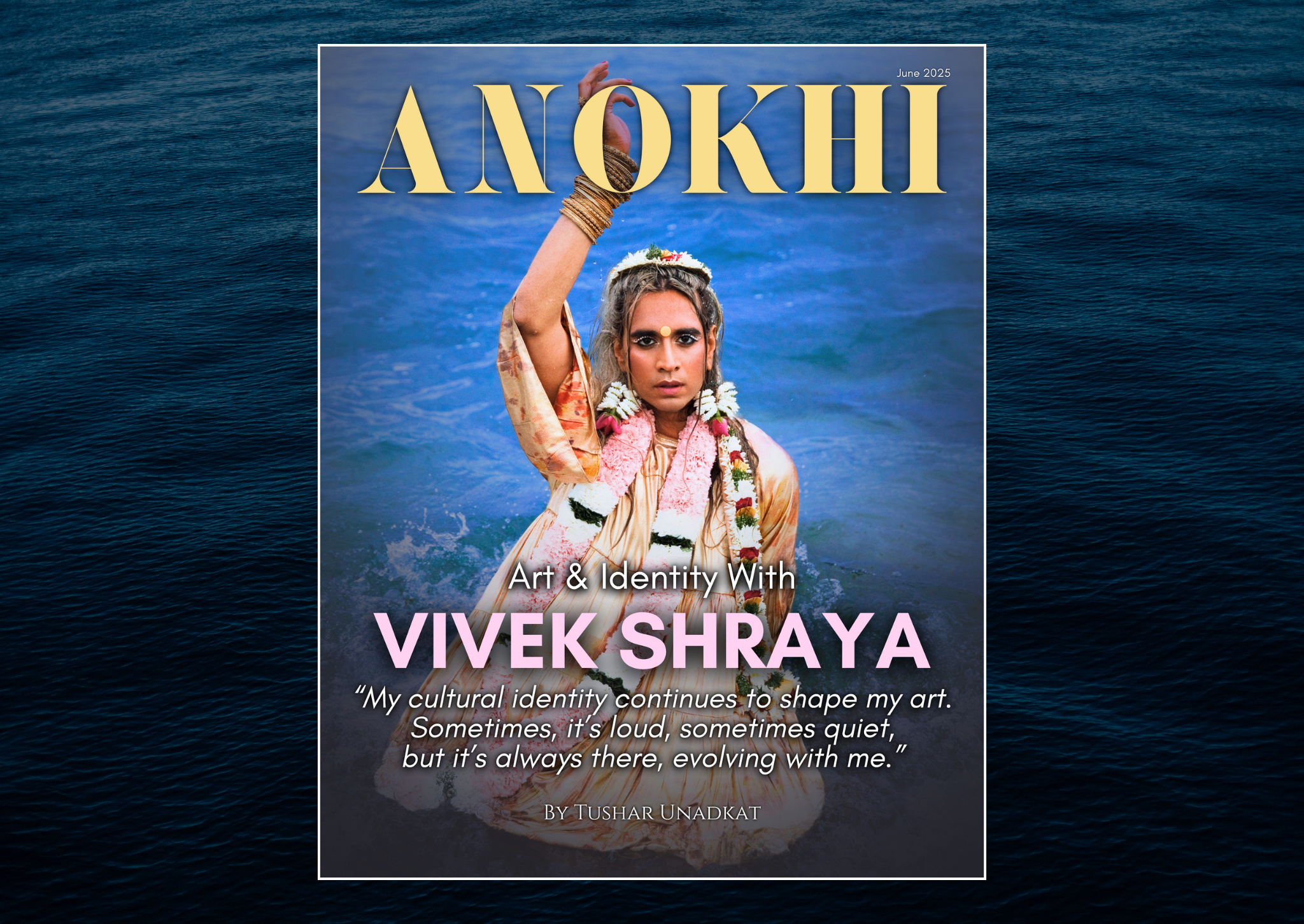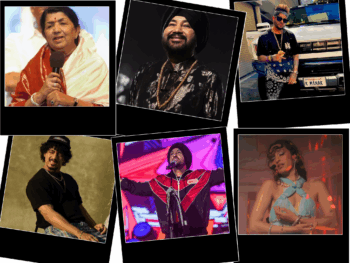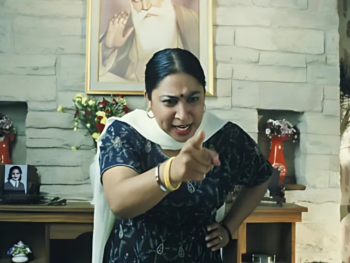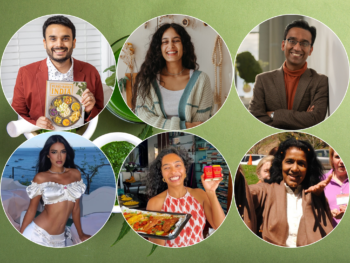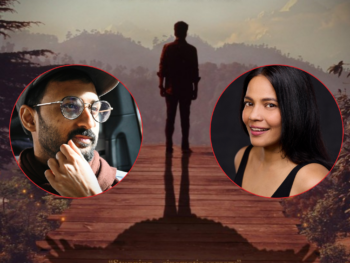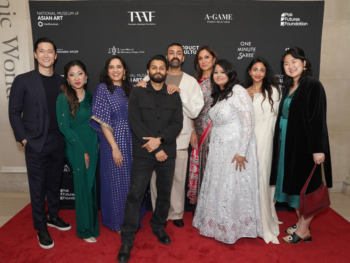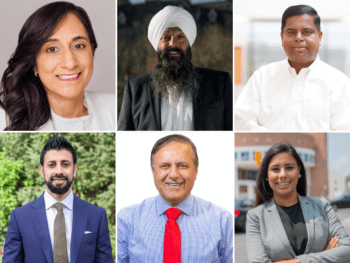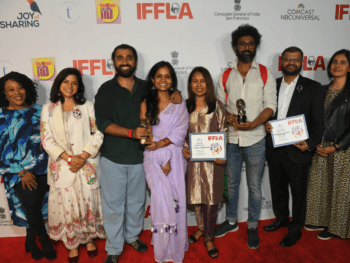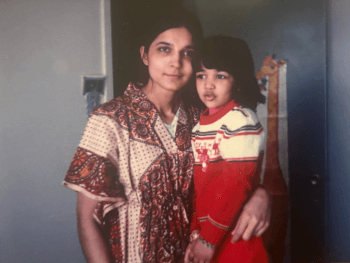Can The Taboos The South Asian LGBTQI Community Faces Be Overcome?
Jul 08, 2016
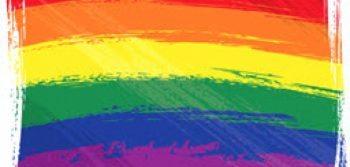
In part two of our LGBTQI's civil liberties story we take a closer look at how they are treated by our own community.
*To read part one of our discussion, where we take a look at the history of the hijra in South Asia, click here.
First, it is important to truly understand what "pride" means in the LGBTQIA (in its expanded version: Lesbian, Gay, Bisexual, Transgender, Queer, Intersex, and Asexual) community. The celebration of pride promotes courage, inclusivity, diversity and creativity for all. The month of June is dedicated to members of the LGBTQIA community and provides an uplifting, encouraging, and communal platform for "…LGBT [persons] to promote their self-affirmation, dignity, equality rights, increase their visibility as a social group, build community, and celebrate sexual diversity and gender variance."
Expressing pride in who you are requires an immense amount of bravery, and it is a deeply passionate, liberating and political act, particularly within LGBTQIA circles.
Pride celebrations began in June 1969 in reaction to the Stonewall riots. The Stonewall riots occurred in the United States on June 28, 1969 at the Stonewall Inn, which was a well-known gay bar in Greenwich Village. The riot began in reaction to the police, who were aggressively harassing the patrons of the gay bar. Many people within the LGBT community turned up to support the rioters outside of the inn. However, the police forces that arrived on scene forcefully overpowered the crowd and the rioters dissipated.
This was not the end, though. In fact, the very next day, on June 29, over 1,000 LBGT rioters arrived and re-ignited this crucial riot outside of the Stonewall Inn. Although this riot was also shut down by law enforcement officials, it had sparked a fire within other LGBT persons in New York that inspired them to gather and demonstrate their beliefs in order to protect their civil rights.
These riots were a historic step towards opening up the conversation, even if it started off in hushed tones, surrounding "the LGBT movement for civil rights in the United States" and throughout the world.

Photo Credit: http://cbsnews1.cbsistatic.com/
This year's pride festivities highlights the 40th year since the Stonewall movement began and represents another landmark in the uphill struggle that members of the LGBTQIA community are facing.
With that said, today, many people feel that the pride parade is moving away from these core values, as well as losing sight of the homage that should be paid to "…members of the community who have been lost to hate crimes or HIV/AIDS." Instead, many of the communities' members believe that the pride parade, in various parts of the world, is becoming more of a "glitter fest."
However, even if the parades may seem like a party, its historic foundation, along with the huge crowds that it draws and educates, is an invaluable step in reducing hate crimes and opening the minds of people from different walks of life about the LGBTQIA community. While it is true that the parade should not be reduced to a mere party, as it is often thought of in western society, it is also essential that we all remember to be grateful for pride parades.
What I mean by this is that we should be appreciative of the fact that we are able to freely and legally exhibit our pride or support our friends/family by joining in on their celebrations, as not everyone in the world is able to do so as their societies are not as open-minded or adaptable to change.
Challenges In South Asian Communities
The South Asian community faces a variety of challenges due to oppressive cultural practices, religious traditions and familial expectations. "Coming out" to your family is no easy task in a South Asian household in North America, and it is even harder in countries abroad as you can face political and legal repercussions. Unlike in North America, where Caitlyn Jenner was able to have society accept her with open arms and reward her bravery, it is not as simple for South Asians to be true to themselves. The picture in South Asia is much more grim for persons who identify as LGBTQIA.
The following identifies some of the real issues that plague South Asians who categorize themselves as LGBTQIA:
One prominent issue that is being battled in court today, in India, is Section 377 of the Indian Penal Code. In 1862, this section outlined that “whoever voluntarily has carnal intercourse against the order of nature with any man, woman, or animal.” This law was struck down in July of 2009 by the Delhi High Court. It was determined that the legislation was unconstitutional as “the section denies a gay person a right to full personhood.”
This move to decriminalize homosexuality was a giant leap forward that was in a promising direction for the LGBTQIA community in India. However, the Supreme Court backpedaled on this change in 2014 and reinstated the archaic law that carries a decade-long prison sentence, along with being socially shamed and shunned. Quite frankly, I don’t know which punishment is more severe.

Some police officers in South Asian countries abuse their powers by harassing individuals who they know are gay. Many times, these individuals will be blackmailed into carrying out sexual favours by law enforcement officials because they are more afraid that they will end up being arrested for other reasons, such as being framed for crimes they did not commit. This disturbing practice occurs, and people look the other way, simply because LGBTQIA persons are viewed as being "different" within their communities.
Their "difference" in sexual preference somehow makes them lesser beings and their guilt, even when undue, is easier to swallow, because of who they are. In addition to this, South Asians are less likely to seek out professional help, such as counselling or health care because they are too afraid since it will often lead to them having to admit to their sexual preference. This puts their, along with their partners', overall health and well-being even further at risk.
Families try to, perversely, "cure" their child(ren) of their "ailment." As a result, many LGBT-identified South Asians are forced to lead a life that does not allow them to be true to who they are, as they are often pressured into marrying a person of the opposite sex and have a ‘normal’ life with them. Parents expect their children to produce grandchild(ren) and often burden them with these anticipations, which causes them to succumb and settle for a life that they are uncomfortable with.
In addition to this, some families inflict aggressive sexual abuse on their child in order to rid them of their "sinful" sexual desires. The rationale behind this nauseating sexual assault is to cause the individual pain so that they can associate their "abnormal" sexual preference with the horrifying experience that was inflicted upon them, thereby hindering them from continuing to explore their true sexuality.
Demonstrating your pride in who you are can be dangerous, and it is unlikely that LGBT persons will openly admit to their sexuality out of fear, especially when they may be facing jail time.
Some members of the community struggle with their faith, as they are uncertain as to whether God will accept them as being a "good" person given that they may align themselves with the LGBTQIA. Others feel guilty practicing their faith as they are taught to believe that they are less deserving of being a part of their religion because of their sexual preference.
South Asian women, in particular, do not always "feel [like they can be] part of the LGBT community…because it’s really, really white, mainstream and dismissive of non-conforming genders and other sexualities."
South Asians of all ages often battle with depression, loneliness and thoughts of suicide. They experience these feelings as they feel misunderstood and internally confused. It is a very difficult place for them to be as they are at a cultural, religious, and familial crossroads. What is more concerning, is that these mental health battles can contribute to individuals trying to cope by turning to "alcohol, tobacco, and other drug use, and unsafe sex," which can cause them to spiral and encounter other problems.
Change Is Possible:
In spite of these staggering issues that LGBTQIA South Asian's face, change is possible and it is happening, even if it is occurring in small doses. These, although small, victories should be celebrated and applauded as a step in the right direction, as it demonstrates that it is possible to alter the unwelcoming foundation of the cultural and religious traditions that governs the South Asian community.
First, I must mention that due to the uproar over the Indian Penal Code's, Section 377, the courts have agreed to re-visit this decision. At present, the case has been dropped on the Chief Justice of the Supreme Court’s lap, and there may be the potential that this law will be repealed to legalize the sexual preferences of the LGBTQIA community and uphold their constitutional rights.
Second, one of the major factors that cause South Asian's to keep their sexuality hush-hush are the immense pressures they feel from their cultures, religion and families. But, it is important to understand that we should not have to choose to be unhappy in order to be accepted by our families or religion, or even to adhere to old-school traditions that are now obsolete. This is what one family in Oakville, Ontario exemplified when they opened their minds and hearts by choosing to love their son unconditionally.
Rishi Agarwal, 35, who is of Indian descent and is a practicing Hindu, "came out as gay in 2004" to his parents. While his parents could have turned their backs on their son, they did not. Instead, they searched high and low for a pundit who would marry their son and his fiancé, Daniel Langdon, in a traditional Hindu ceremony.
It is important to acknowledge that there exists a pundit in the Hindu community who was open to marrying the handsome and loving couple. This pundit’s actions highlights that when people become more open-minded, we can expand our interpretation of, sometimes outdated, religious and cultural beliefs or practices in order to adapt in a way that is inclusive.
Meanwhile, in a powerful statement that represents the equality and genuine acceptance Rishi's father possesses for his son, Vijay was quoted saying that "there [was] not going to be any difference between my elder son's wedding and this wedding. We are going to do all Hindu rituals." The couple was married in a lavish ceremony in 2011.

Photo Credit: http://www.cbc.ca
With that said, it is clear that change can happen for the LGBTQIA South Asian population. However, to achieve any ounce of progress, the environment for a healthy and educational conversation about LGBTQIA needs to be allowed and encouraged to cultivate. Without it, these individuals will continue to be cloaked and closeted due to the current cultural, religious and familial expectations that unfairly dictates many of their lives.
Main Image Photo Credit: https://www.tattooforaweek.com
Devika Goberdhan | Fashion Editor
Author
Devika (@goberdhan.devika) is an MA graduate who specialized in Political Science at York University. Her passion and research throughout her graduate studies pushed her to learn about and unpack hot button issues. Thus, since starting at ANOKHI in 2016, she has written extensively about many challe...
COMMENTS
YOU MAY ALSO LIKE
Newsletter Sign Up
Subscribe to our FREE newsletter for all of the latest news, articles, and videos delivered directly to your inbox each day!




